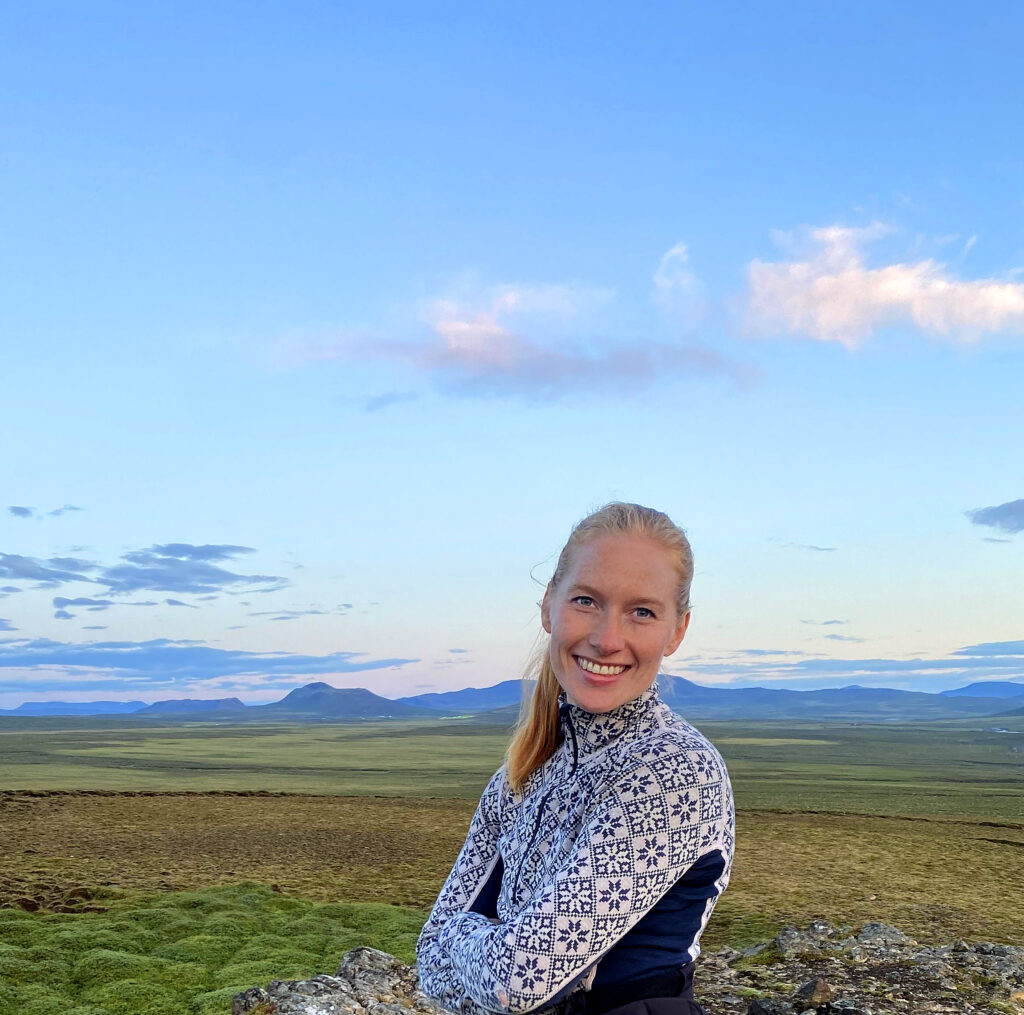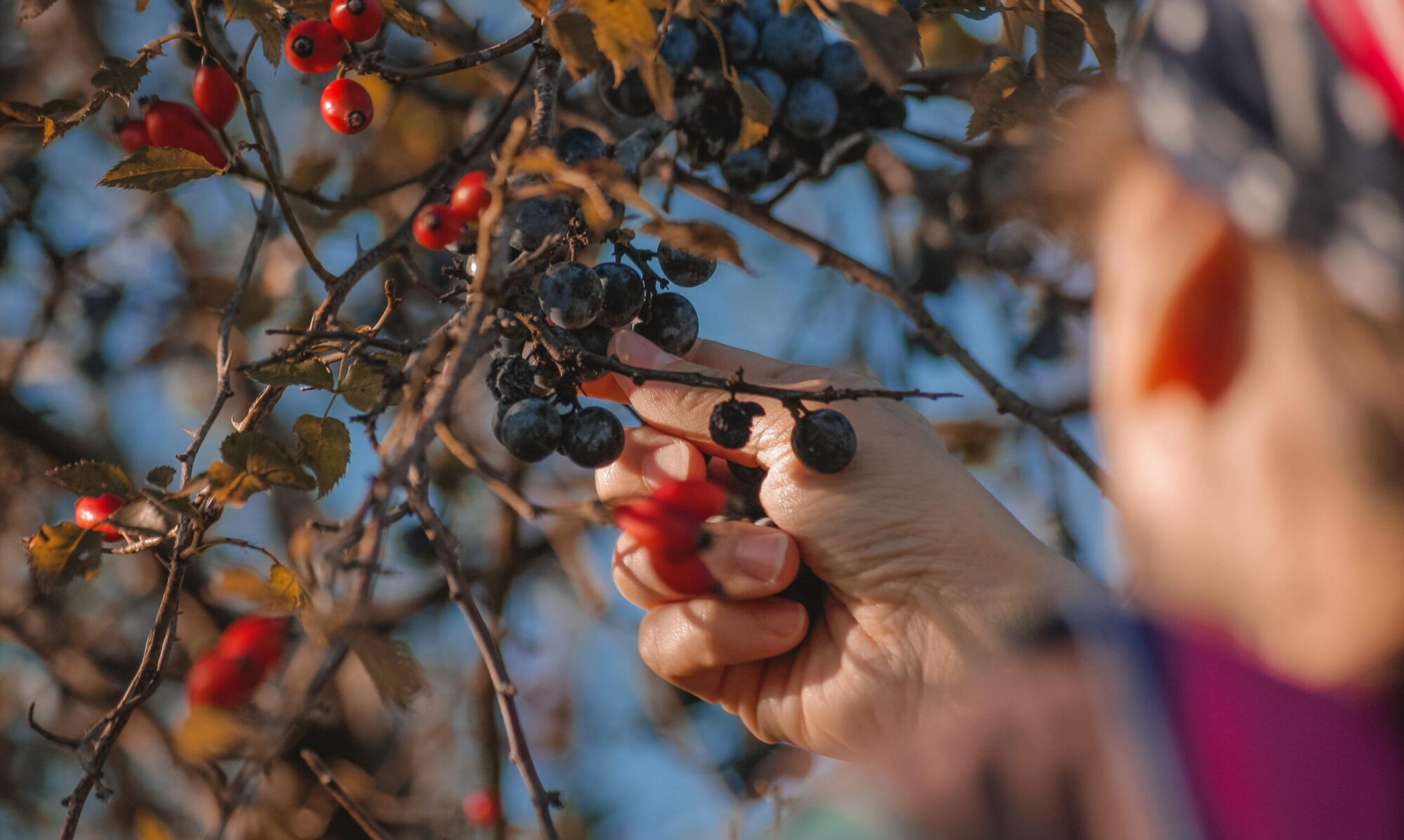NKJ has a long history. But we also have a future, which starts now. As we’re celebrating our 60th anniversary this year, we’ve asked the youngest generation in our board, in what way NKJ will be of most and best use in the future.

Jónína Sigríður Þorláksdóttir, Agricultural University of Iceland, is the youth member of the NKJ board. The position has given her insight into, and the possibility to influence, NKJ’s work with interlinking researchers in the different Nordic countries, and to make sure that scientific knowledge is used in policy making.
– An important function that NKJ could develop further is to connect research and practice, she says.
– There we could really have an impact, also when it comes to looking at why it is so difficult to achieve.
Cooperation and synergies
She also emphasizes that NKJ has an important unifying function in the research community. Making sure that the same work isn’t done over and over again in the different countries, finding possible synergies and creating opportunities to benefit from each other’s experiences across national borders saves a lot of energy and time.
– NKJ could also be an important force in making research more transdisciplinary, and in providing a more holistic perspective on the issues. NKJ could look beyond the boundaries between different research fields, see the synergies. For example, when it comes to land use, NKJ could provide a more multifunctional way of looking at it.
– We also need to interest people in agriculture and make them want to engage in the issues – more people are needed in the sector!
Climate change
The climate issue is being discussed intensely, not least in Iceland. The changing climate will bring many new questions for the agricultural sector.
– Not least the degradation of our ecosystems is an issue that will be brought to the fore. As well as how we should connect our different systems, so that we get a circular system instead of, for example, consuming at one end and handling waste after consumption at the other.
Jónína also sees resilience as an important issue for the Nordic countries, and by that she means not for the future but right now.
– We are so extremely dependent on the outside world, so how do we take small steps to ensure that, in the face of increasing conflicts or environmental change, we have sustainable systems?
Knowledge exchange outside the Nordic region
When it comes to external contacts, for example with the EU, she believes that the Nordic countries have a lot of knowledge to share with others.
– Our countries are less suited climate-wise for agriculture, in many places we have harsher conditions, so we also have experiences and knowledge based on that to share.
– NKJ is a very important pathway for this knowledge to reach the global community.
– With NKJ we have a stronger Nordic voice, and a broader and stronger knowledge base!

